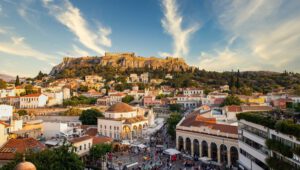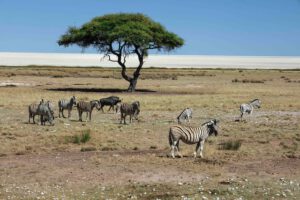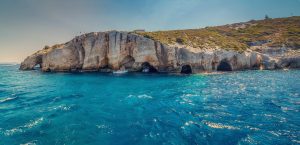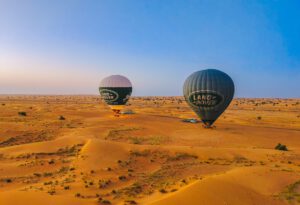The Maasai Mara National Reserve, located in southwestern Kenya, is undoubtedly one of the world's most iconic and spectacular wildlife destinations. Covering an area of about 1,510 square kilometers, the reserve is named after the Maasai people, who have lived there for centuries, and the Mara River, which meanders through it.
A visit to the Maasai Mara is an experience that should be on every wildlife lover's bucket list. The reserve boasts an abundance of wildlife, including the "Big Five" - lion, leopard, elephant, buffalo, and rhino - as well as other big game such as cheetahs, giraffes, zebras, wildebeests, and gazelles. The reserve is also home to over 450 species of birds, making it a paradise for birdwatchers.
One of the best ways to explore the Maasai Mara is through a safari. A safari is a Swahili word that means "journey," and in this context, it refers to a guided tour of the reserve in a 4x4 vehicle with a knowledgeable guide. The cars used on safaris are specially designed to withstand the rugged terrain of the account and have open roofs to allow for unobstructed views of the wildlife.
A typical Masai mara safaris lasts between two and four hours, depending on the time of day and the interests of the visitors. The best times to go on a safari are early morning or late afternoon when the animals are most active. The early morning safari, also known as the "dawn patrol," provides an excellent opportunity to witness predators such as lions and leopards as they hunt their prey. The late afternoon safari, also known as the "sundowner," allows visitors to see the sunset over the savannah and catch a glimpse of nocturnal animals such as hyenas and genets.
One of the highlights of a Maasai Mara safari is the annual wildebeest migration, which occurs between July and October. During this time, over a million wildebeests and thousands of zebras and gazelles cross the Mara River in search of greener pastures. This is an awe-inspiring spectacle that draws visitors from all over the world.
Apart from safaris, there are other activities to do in the Maasai Mara. Visitors can take a hot air balloon ride over the savannah and witness the wildlife from above. This unique and exhilarating experience provides a different perspective of the reserve. Visitors can also go on a guided nature walk with a Maasai warrior and learn about the local flora, fauna, and Maasai culture.
Accommodation options in the Maasai Mara range from budget-friendly campsites to luxurious lodges. Many lodges and camps are located within the reserve, allowing visitors to experience the wildlife up close. Some lodges even have private game reserves, allowing visitors to have exclusive access to the wildlife.
Visitors to the Maasai Mara should be prepared for the rugged terrain and unpredictable weather. The reserve is 1,500-2,170 meters above sea level, and temperatures can range from 10°C to 30°C. It is advisable to pack warm clothing for early morning and evening safaris and lightweight clothing for the rest of the day. Visitors should also bring a good pair of walking shoes, a hat, sunscreen, and insect repellent.
Maasai Mara safari is a once-in-a-lifetime experience that should be noticed. The reserve offers an abundance of wildlife, breathtaking scenery, and unique cultural experiences.
Wildebeest Migration Packages
The wildebeest migration in Kenya is one of Earth's most spectacular natural phenomena. Every year, millions of wildebeest, zebras, and gazelles embark on a journey that takes them from the Serengeti in Tanzania to the Maasai Mara in Kenya and back again. This incredible event has become a significant tourist attraction, and there are many safari packages available that allow visitors to witness this spectacle firsthand.
One of the most popular safari packages is the Serengeti and Maasai Mara migration package. This package typically includes a visit to the Serengeti National Park in Tanzania and the Maasai Mara National Reserve in Kenya. Visitors will have the opportunity to witness the migration as the wildebeest cross the Mara River, which is a dangerous and thrilling spectacle. They will also have the chance to see other wildlife, such as lions, cheetahs, elephants, and giraffes.
Another popular package is the luxury wildebeest migration safari. This package typically includes accommodations in luxury lodges or tented camps, as well as private guided tours. Visitors will have the opportunity to witness the migration in comfort, with all the amenities of a luxury hotel. These packages often include extras such as hot air balloon rides, bush walks, and cultural visits to local Maasai villages.
For those who want to experience the wildebeest migration on a budget, there are also affordable safari packages available. These packages typically include accommodations in budget lodges or campsites and group tours. Visitors will still have the opportunity to witness the migration and see other wildlife, but they will do so at a lower cost.
Regardless of which package you choose, there are a few things to keep in mind when planning your wildebeest migration safaris
- It's essential to choose the right time of year. The migration typically takes place between June and September, but the exact timing can vary from year to year.
- It's crucial to choose a reputable tour operator. Look for companies that are registered with the local tourism board and have good reviews from previous customers.
- Make sure you pack appropriately for your trip.
The weather can be unpredictable, so bringing layers and rain gear is essential.
Wildebeest migration safari is a once-in-a-lifetime experience that should be noticed. Whether you choose a luxury package or a budget package, witnessing the migration firsthand is sure to be an unforgettable experience.
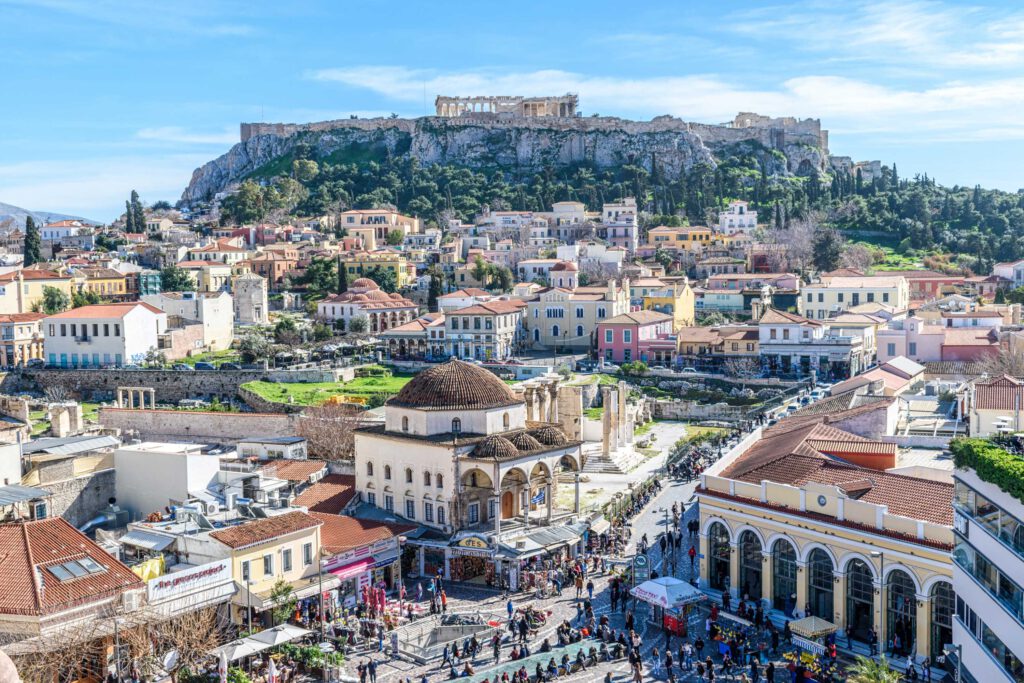
 7 Ways to Ramp Up Your Email Marketing Efforts
7 Ways to Ramp Up Your Email Marketing Efforts  What You Need to Know About B2B Customer Portals
What You Need to Know About B2B Customer Portals  What is ESG reporting?
What is ESG reporting?  What to do when starting a company in the Netherlands
What to do when starting a company in the Netherlands  Hardness Testers
Hardness Testers 







